Jose Antonio Vargas after a year of living dangerously
By Cristina DC PastorA thunderstorm rolled into New York on June 25, the same day Jose Antonio Vargas swept across the city to proclaim victory for DREAM Act youth.
In early afternoon, he was at Nasdaq to ring the stock market closing bell, then proceeded to tape an interview with Bill O’ Reilly at the FOX News studio to air in the evening. At 6 p.m., he arrived at the New York Immigration Coalition office where he was to speak to media and supporters and sign autographs.
“I think we killed it,” he said, grinning ear to ear, emotional and looking overwhelmed by all the attention as he faced an audience of admiring young students and immigration activists.
He invited the DREAM Act students who appeared with him in a recent TIME Magazine cover to join him as he spoke. Five of them came forward and crowded him at the front of the room. As a group they were cheered and applauded like victorious soldiers coming home from war.
“I guess, we’re no longer called illegal immigrants,” a giddy Jose said quoting a decision by the U.S. Supreme Court that “it is not a crime” for undocumented aliens to remain in the U.S. The decision, issued on the same day, reversed some of the controversial provisions of Arizona’s immigration law but also upheld the right of police officers to do random immigration checks on residents.
“This is everybody’s work,” said Jose. “Everybody won.”
He only played a small role, he said, and others were there before him. It is a victory for the NYIC, which has been advocating for immigrants rights for more than two decades, as well as it is for DREAMer Lucy who came out nine years ago, as it is for himself who “joined the conversation” a year ago in a New York Times essay and declared himself — a Pulitzer Award-winning journalist — to be another undocumented immigrant.
The gathering was meant to celebrate their victories, culminating in President Obama moving to end the deportation of undocumented students. The ceremony at Nasdaq was in recognition of more than a million DREAM Act youths being potential members of the workforce.
The so-called “deferred action” policy – valid for two years and renewable – allows the youth to remain in the U.S. and find employment based on certain requirements. The policy does not automatically guarantee their eligibility for driver’s licenses and in-state tuition fees, but it allows those in deportation proceedings to get a fresh hearing on their cases.
The policy makes it clear the grant of “deferred action” is temporary and is not a path to citizenship.
Jose said the campaign, since he joined, has managed to “turn the conversation around.” He is still confronted by questions like ‘Why don’t you just go back to the Philippines?’ but he would always respond with, “But I am an American” who knows no other country but the United States.
“He has helped. He became the face of the DREAM Act,” said Mae Lee, director of the Chinese Progressive Association of New York, of Jose’s high-profile involvement with the advocacy campaign.
By telling his own story, Jose personalized the campaign in a compelling way, said Gonzalo Mercado, director of the El Centro del Imigrante in Staten Island.

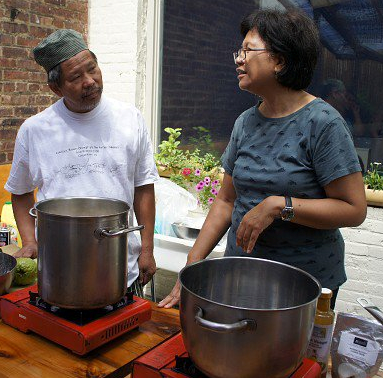
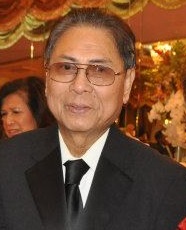
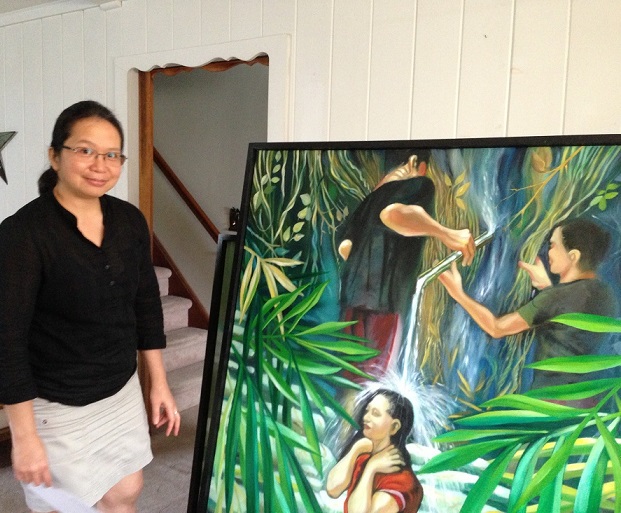
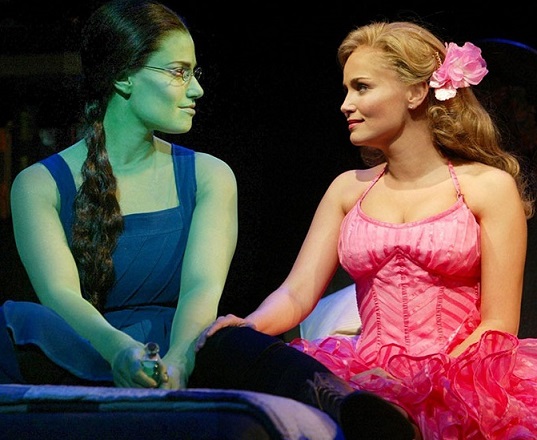


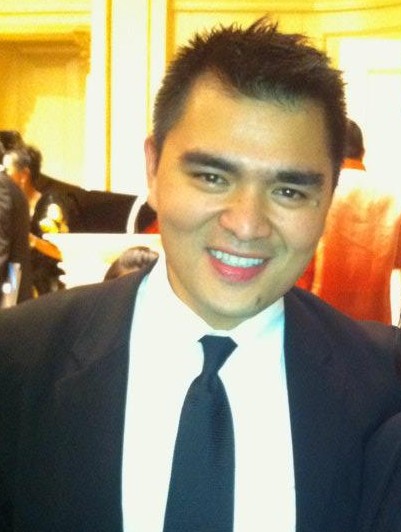

[…] article was originally posted on The FilAm, an online magazine about Filipino Americans in the New York […]